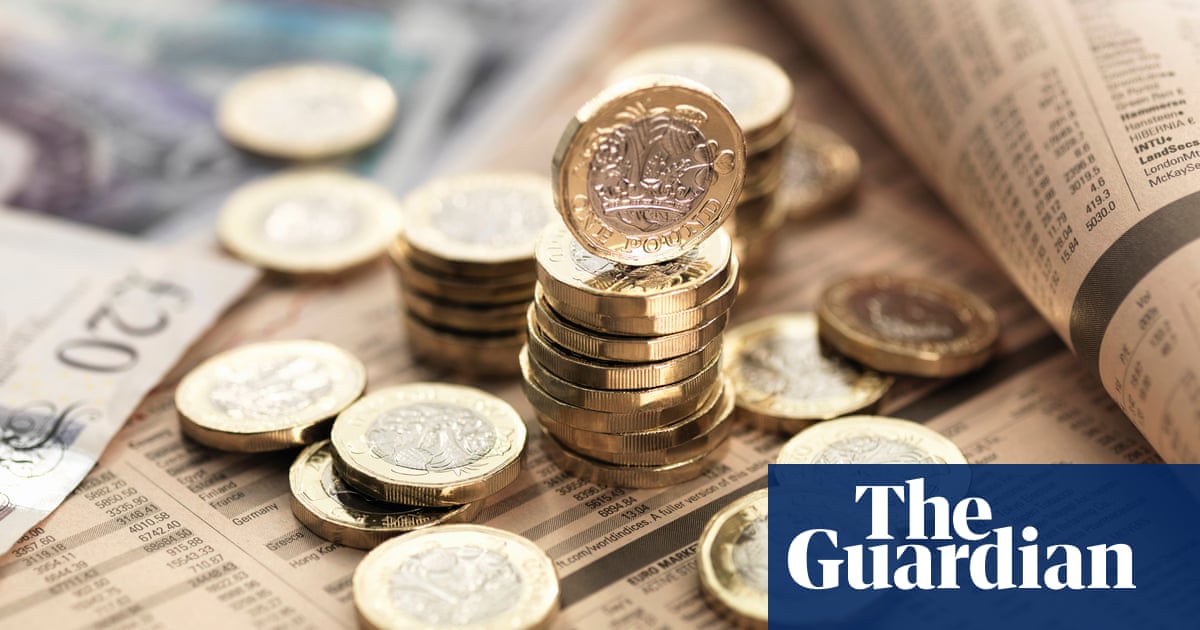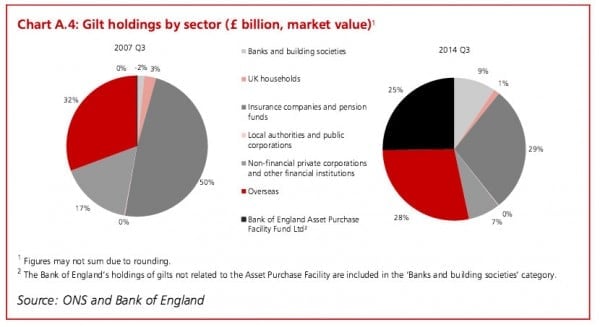But I am still as confused as ever- do we owe any money or not

 www.theguardian.com
www.theguardian.com

Who is lending the British government all this money?
The long-running series in which readers answer other readers’ questions on subjects ranging from trivial flights of fancy to profound scientific and philosophical concepts


